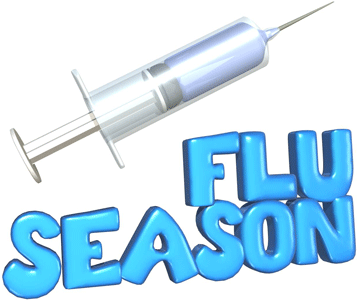BALTIMORE — Flu season is just getting underway in Baltimore and experts expect it to worsen. It’s also fall allergy season— making it tougher to tell exactly what’s causing your sniffles and sneezing.
“Flu and allergy both affect the respiratory system, which makes it harder to breathe, but knowing what ails you means you know how to treat the symptoms better and whether it’s time to see the doctor,” said Dr. Shannarose Guma, an Internal Medicine provider with Saint Agnes Medical Group.
Here are some guidelines to figuring out whether you’re dealing with flu or allergies:
•Flu tends to cause fever, headache, fatigue and aches and pain – symptoms rare in allergies.
•Allergies tend to cause itchy, watery eyes; cold or flu do not.
•Seasonal allergies tend to last as long as the allergy season does, which can be up to six weeks. In contrast, flu usually takes less than two weeks to pass.
While cold and flu are caused by different viruses allergies are instead an immune response to an allergen such as pollen or pet dander. Most people who have a cold or flu can recover at home with rest, fluids and pain relievers for fever and aches. Allergy symptoms are better treated with antihistamines and decongestants.
If you have flu symptoms and you are in a high-risk group or your symptoms are severe, see your health care provider. Your provider may decide you should take antiviral drugs to help you get better faster and prevent serious complications. Children under age five, adults over age 65, pregnant women are among those considered high-risk.
